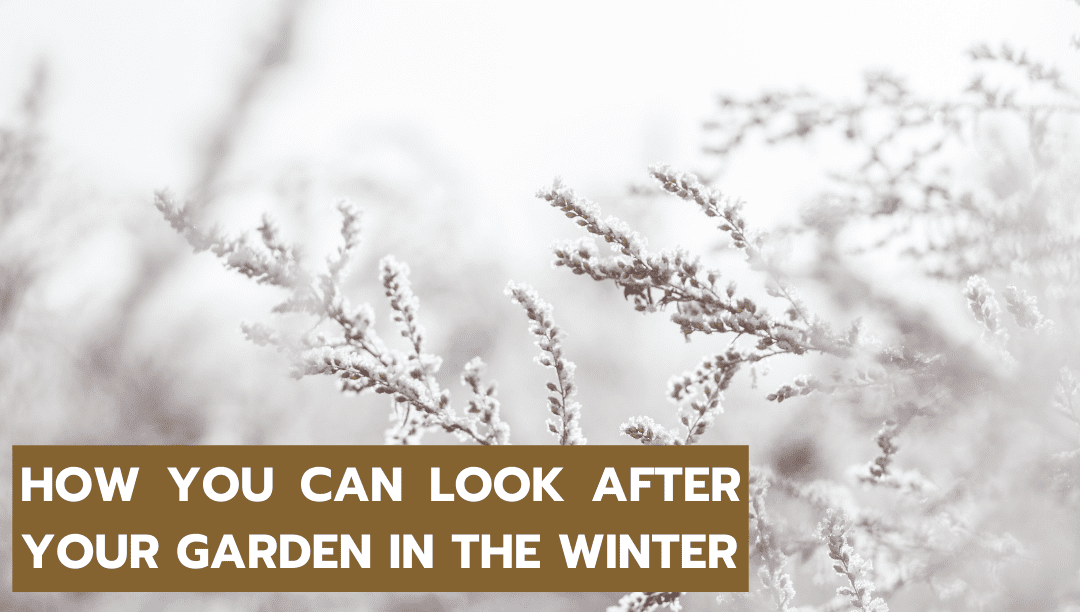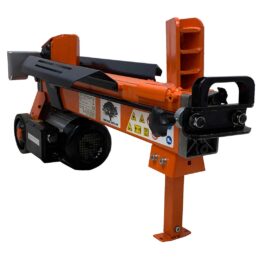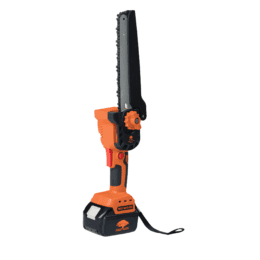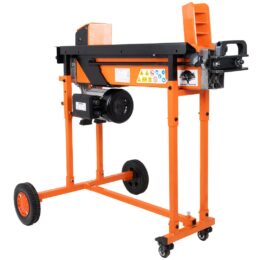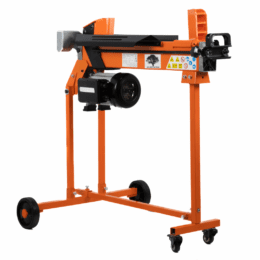Last Updated on March 28, 2023 by Forest Master
Winter Gardening
The winter months may seem like a good time to hide inside but there’s still plenty of gardening that you can be doing. Whether you’re looking to add something new to your garden, protect your current plants or just simply keep yourself busy, our guide on winter gardening will ensure that you have your garden ready for spring.
Planting
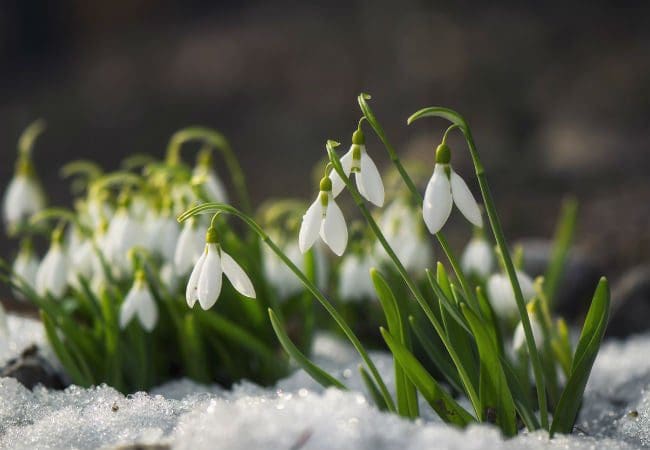
There are a number of things that you can plant in your garden during winter. Not only can you plant bare root plants, there are things that you can plant in advance. This includes things like garlic, rhubarb, raspberries and fruit bushes. It is also important to make sure not to trim shrubs or fertilise during winter as these tasks could stimulate premature growth and result in damage to the plant.
Here’s a list of plants and flowers you can add to bring colour to your garden during the winter: Snowdrops, Cyclamen, Crocus, Winter aconites, Glory of the snow and Hellebores.
Weeding
Although not the most entertaining tasks, it is still a good idea to weed your garden during the winter. This gets rid of any overwintering seeds produced by the weeds and will help prevent a break-out when spring comes.
Removing Debris and making use of mulch
Removing debris not only makes your garden look nice but it can help keep your garden protected from overwintering pests. Any dry, clean leaves can be placed in a garden shredder to produce mulch that can be used in your garden. Mulch can be used to retain moisture in the soil, suppress weeds and prevent frost heaving in the winter.
Attract wildlife
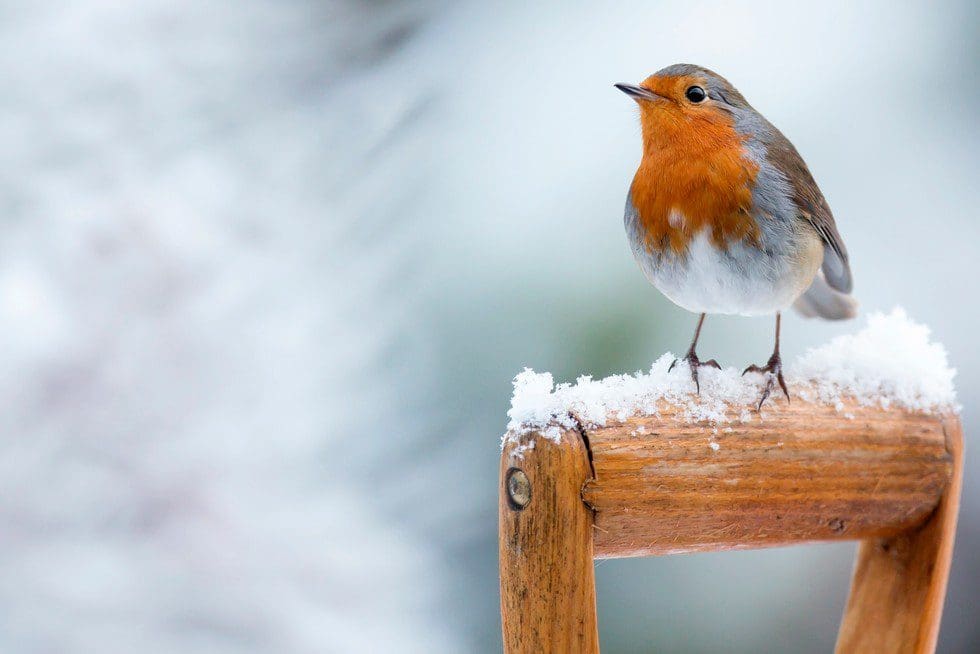
If you are an animal lover then it would be normal for you to want to take care of the wildlife that lives in your garden. You can start to do this by looking after the birds, ensuring that water is topped up in a bird bath and there are seeds and feeders available for them to eat. If you don’t already own any you could also look into putting birdhouses in your garden.
Use your greenhouse
There are a few ways in which you can use your greenhouse in the winter to get the most use out of it and your garden. Planting winter vegetables is a good start providing you can keep the temperature of your greenhouse at a suitable temperature. Vegetables such as cabbage and broccoli need a temperature between 12-21°C at night and between 10-21°C during the day. It’s best to start with them during mid to late winter so that they are ready to plant in the spring. Providing the greenhouse is kept at the correct temperature it’s possible to grow them all winter long.
Clean your gardening equipment
To help to avoid rust, scrape any dirt off of your gardening tools and machinery. Dipping the blades and metal in warm soapy water before ensuring to dry them off is a good way to remove any mud that is stuck on. You could also oil the metal blades on your tools before you put them away for winter to further ensure they don’t get rusty. Store your them as best you can to avoid damage and rust.
Plant bare root plants
Between November and March if the soil is not frozen bare-root trees and bushes can be planted. Branches that are dead or rubbing branches can be removed, try to keep an open centre by cutting back new growth of bushes and trees a little bit.
Protect your plants
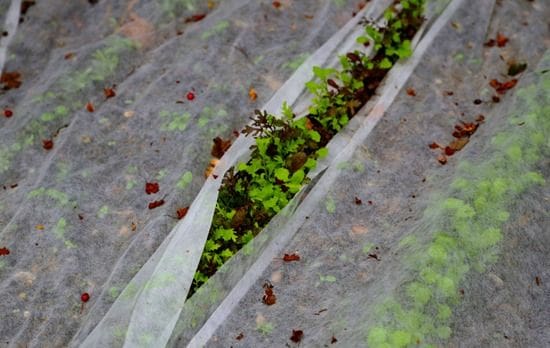
Protect your more delicate plants and keep them warm with horticultural fleece, alternatively you could use bubble wrap. Make sure you don’t leave container plants outdoors without protection. Ideally you should move the planters closer to the foundation of your house, bury them in the ground, or cover them with a heat-retentive blanket. If you have anywhere like a garage or storage area to keep them in then that would be ideal!
Pruning
Some plants need to be cut back during the winter to encourage fresh, healthy shoots to grow when the weather starts to warm up again. You can cut back any perennials that have died down and prune roses, which you may also need to spray with a fungicide if they are diseased.
Most types of roses should be pruned in January or February before the leaves start to emerge. Modern roses can be cut back hard while the older types should be pruned more gently. Always remove any dead, damaged or diseased stems.
Fire wood
Due to the increasing cold in the winter months it’s important to keep yourself and your home warm. Taking into consideration the soaring prices of energy it is becoming harder to heat your home. This is a great time to be using garden machinery such as log splitters etc. to prepare logs in order to heat up your home. Check out our guide to see what the best wood to use for your fires are.#

